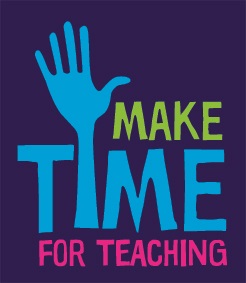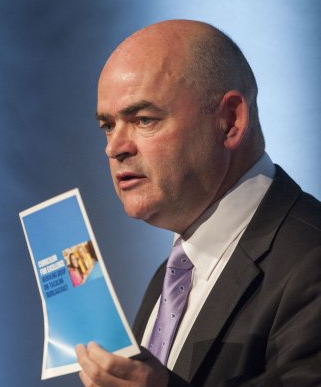Created on: 26 Jun 2014 | Last modified: 29 Jun 2020
If you would rather receive a copy of the SEJ via email link rather than having a paper copy posted to you please opt out by clicking: Green SEJ - Paper Copy Opt-Out
Workload Concerns Dominate AGMThere was a call for the AGM to recognise the progress that has been achieved through the EIS Workload Campaign and for the EIS to press for full implementation of the recommendations of the Working Group on Tackling Bureaucracy. It was also agreed the EIS will prepare a campaign of action, including possible industrial action, in opposition to workload in schools...(page 7) |
 |
Education Debate - Major Focus on SQAAGM delegates discussed teachers' reactions to the excessive amount of assessment and verification procedures created by the SQA. It was agreed the EIS will highlight the failure of the SQA to deliver a coherent and workable senior phase, and hold discussions with the SQA in order to secure a reduction in the burden of assessment and a suitable modification of existing arrangements...(page 12) |
 |
EIS President Phil Jackson addresses AGMEIS President Phil Jackson used his AGM speech to warn that Scottish education is now at a 'dangerous point.' He discussed the difficulties we have had to endure regarding the implementation of CfE and the impact of poverty on education. He also detailed some of the challenges facing Scottish education and the teaching profession as we move into next session...(page 11) |

|
Larry Flanagan Delivers his Annual ReportIn his annual report to the AGM, Larry Flanagan cautioned that current levels of workload are engulfing teaching professionals across Scotland. He discussed his disappointment in the lack of tangible progress in delivering the outcomes of the Tackling Bureaucracy Report, the implications for education of the Independence Referendum and what he believes will be the main challenges for the EIS in the year ahead...(page 14) |

|
Further Motions Debated Include:Pensions, conditions of service, restorative pay claims, absence as a result of miscarriage, zero-hours contracts, the impact of poverty on education, violent and disruptive pupils, opposing fascist groups, negative stereotyping of refugees, asylum seekers and migrant workers and GIRFEC initiatives among others...(page 21) |
 |